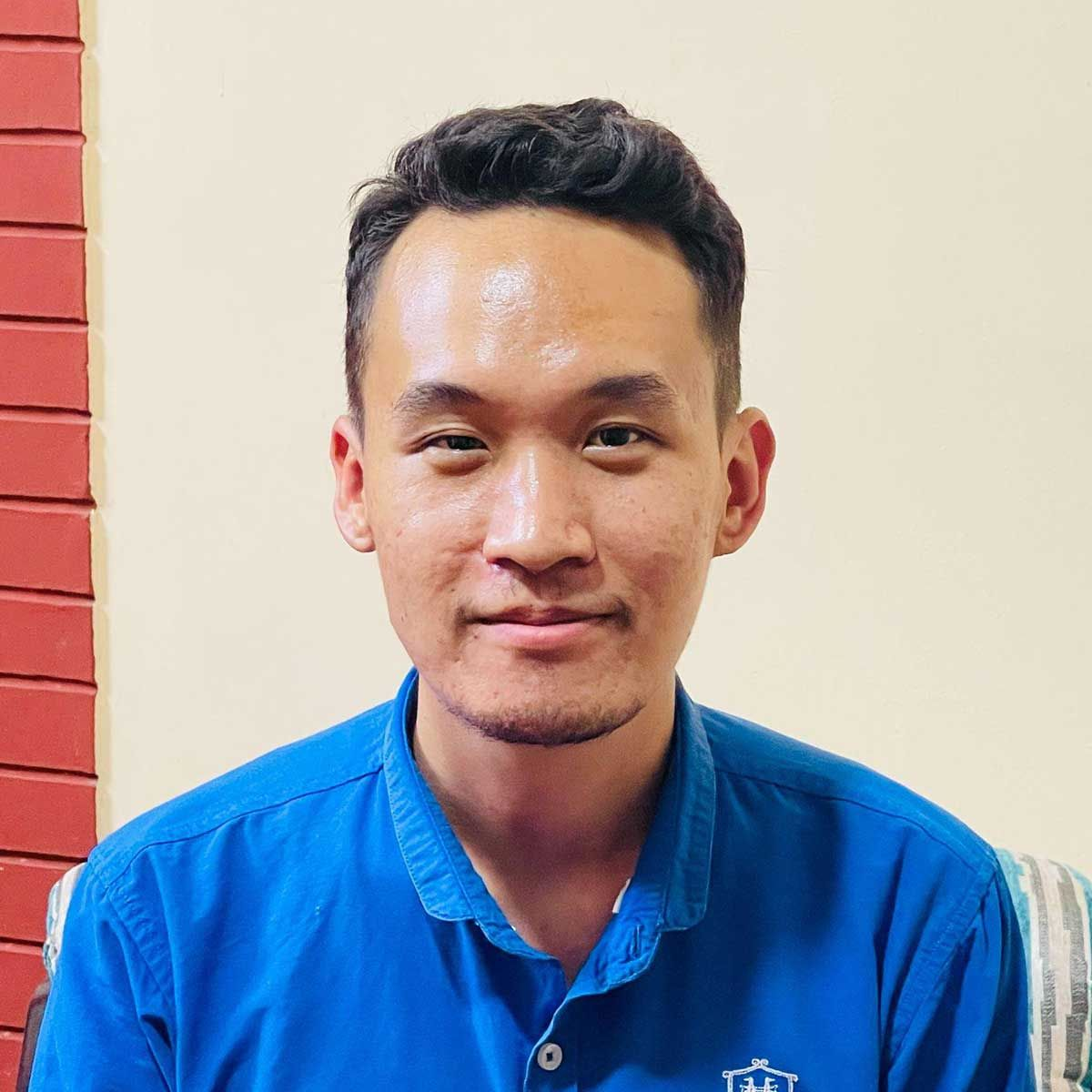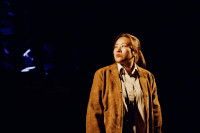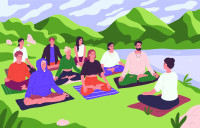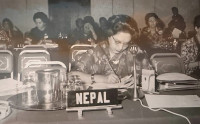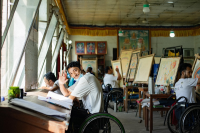Culture & Lifestyle
Spending festivals alone
During my childhood, Dashain was often a lonely experience. I remember spending time idly and missing my working parents.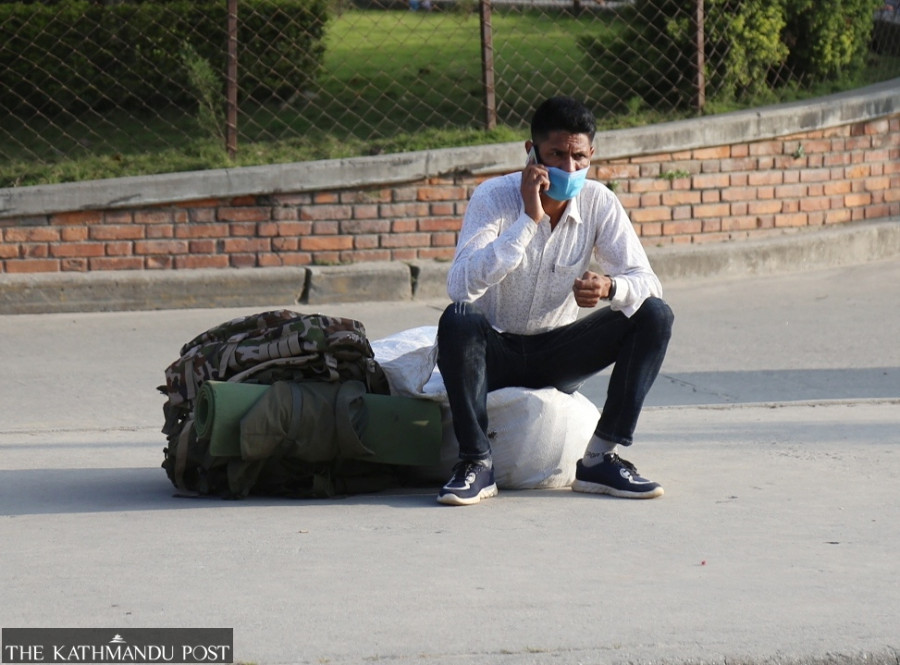
Tashi Gurung
As Dashain begins, I find myself in a situation where I will be alone during the festival. My parents will be occupied with work, and my sister lives abroad, leaving me to spend the festival alone. This situation brings back familiar feelings of loneliness and resentment.
During my childhood, Dashain was often a lonely experience for me. Although, as Buddhists, we do not celebrate Dashain, I still longed for the warmth of family gatherings that my friends and peers experienced. I remember spending time idly and missing my parents.
As a child, I would struggle to deal with this feeling of loneliness. I remember being lethargic and irritable during the holidays. I would spend days in bed, doing nothing but watching TV or sleeping. Loneliness, I have realised, seems to manifest differently in different people. It can make us anxious, sad, impatient and even cause physical symptoms like headaches and muscle tightness.
And as a result, this feeling of loneliness made me resentful. I disliked my parents for not being there, and I hesitated to talk with them on the phone whenever they called. I held on to this resentment for quite a long time.
Looking back, I realised that my feelings of loneliness and resentment were caused by my tendency to compare myself to others. I constantly measured my situation against that of my peers, feeling inadequate and different. This habit of comparison not only affected how I celebrated festivals but also influenced my thoughts about how I should be in various aspects of my life. I recognised this as a flaw in my thinking.
Continuously focusing on what I was supposed to do was detrimental to my self-worth. It meant neglecting my own needs and desires. So, I decided to consider an alternative approach. Instead of adhering to how I “should” celebrate the festival, I chose to embrace how I “wanted” the festival to be—an enjoyable experience tailored to my preferences. I asked myself: What activities could bring me joy and pleasure? How could I truly savour the moment?
My mother recently shared something that resonated with me deeply. She emphasised the value of living in solitude and how it fosters maturity and grounds us. Living alone confronts us with our independence. Since no one else is around, we have to rely on ourselves to meet our needs. We are held accountable for ourselves rather than relying on others. This accountability teaches us to be more caring towards ourselves, nurturing our independence and autonomy.
In one instance, being alone led me to ponder: are there others going through the same experience? It seemed likely. Many Nepalis live abroad, away from their families. Not everyone can return home during holidays. During Dashain, my parents work, but we celebrate our own festival—Losar. There have been years when I couldn’t be home due to studies, and my family experienced a similar situation—being apart during festivals meant for togetherness and connection. This realisation filled me with empathy. I understood that my experience of solitude was shared by others, including my own family members.
Having learned this, I’ve decided to show gratitude to my loved ones. By appreciating what I have and expressing my thanks, I feel more connected and secure in my relationships. I plan to convey my gratitude through a short call or text, letting them know I remember and cherish our moments together, even though they are away.
Now as an adult, I embrace my solitude during the holidays, knowing I’m not alone in this experience. I’ve learned to let go of unrealistic expectations and use this time to care for myself. Simultaneously, I make a point to express my gratitude to others.
In the end, festivals aren’t just about the events themselves. They are about sharing joy with your loved ones. For those unable to be home, they provide an opportunity to show that despite the distance, our hearts are close. Expressing love is often more important than expecting others to understand our feelings. Let’s allow festivals to remain as moments of happiness, enjoyment and appreciation.




 8.4°C Kathmandu
8.4°C Kathmandu